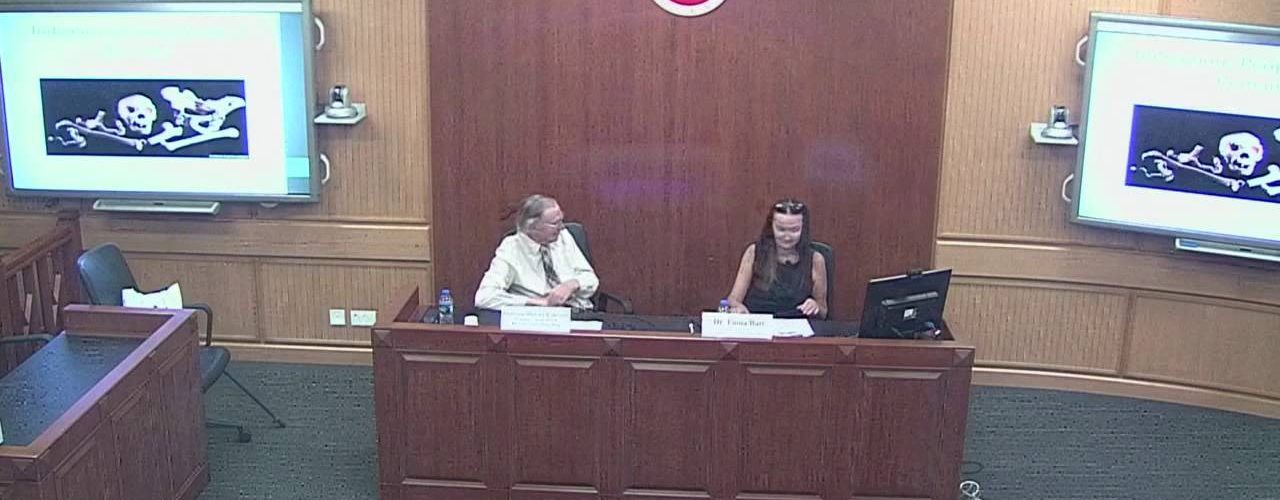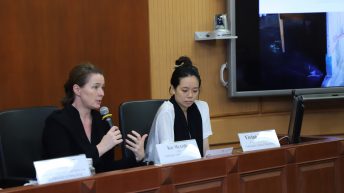Date: 04May 2016
Today indigenous peoples are making requests to museums for the return of their ancestors’ human remains. Ancient indigenous human remains have a sui generis quality and as such their status in international law is unclear. Consequently this makes them vulnerable to retention by museums. This presentation focuses on the status of indigenous human remains from a legal perspective critiquing property, cultural property, cultural heritage, intellectual property, Traditional Knowledge (TK) and a human rights based approach. On analyses ancient indigenous human remains are not explicitly protected in international law. However in conclusion, adopting a jurisprudential and legal instrument Toolkit approach, drawing on the former legal frameworks, emphasises the potential value of the fragmentation of international law in the legal protection of ancient indigenous human remains.
Dr Fiona Batt has a LLB, LLM and PhD from the UK. Fiona Batt has lectured in law in the UK and the Gambia. Fiona Batt was formerly Acting Dean at the University of the Gambia Law Faculty. Recently she as worked at the Cambodian Centre for Human Rights. Her publications include, “Ancient Indigenous Deoxyribonucleic Acid (DNA) and Intellectual Property Rights” and “The African Regional Intellectual Property Organization Swakopmund Protocol on the Protection of Traditional Knowledge and Expressions of Folklore”. Fiona Batt has presented on a range of topics which include, “Unbundling the Property, Heritage, and Human Rights in the Restitution of Ancient Indigenous Human Remains”, “Pastoralist Meteorology Traditional Knowledge” and ‘“West African Heritage and the Law of Copyright.




